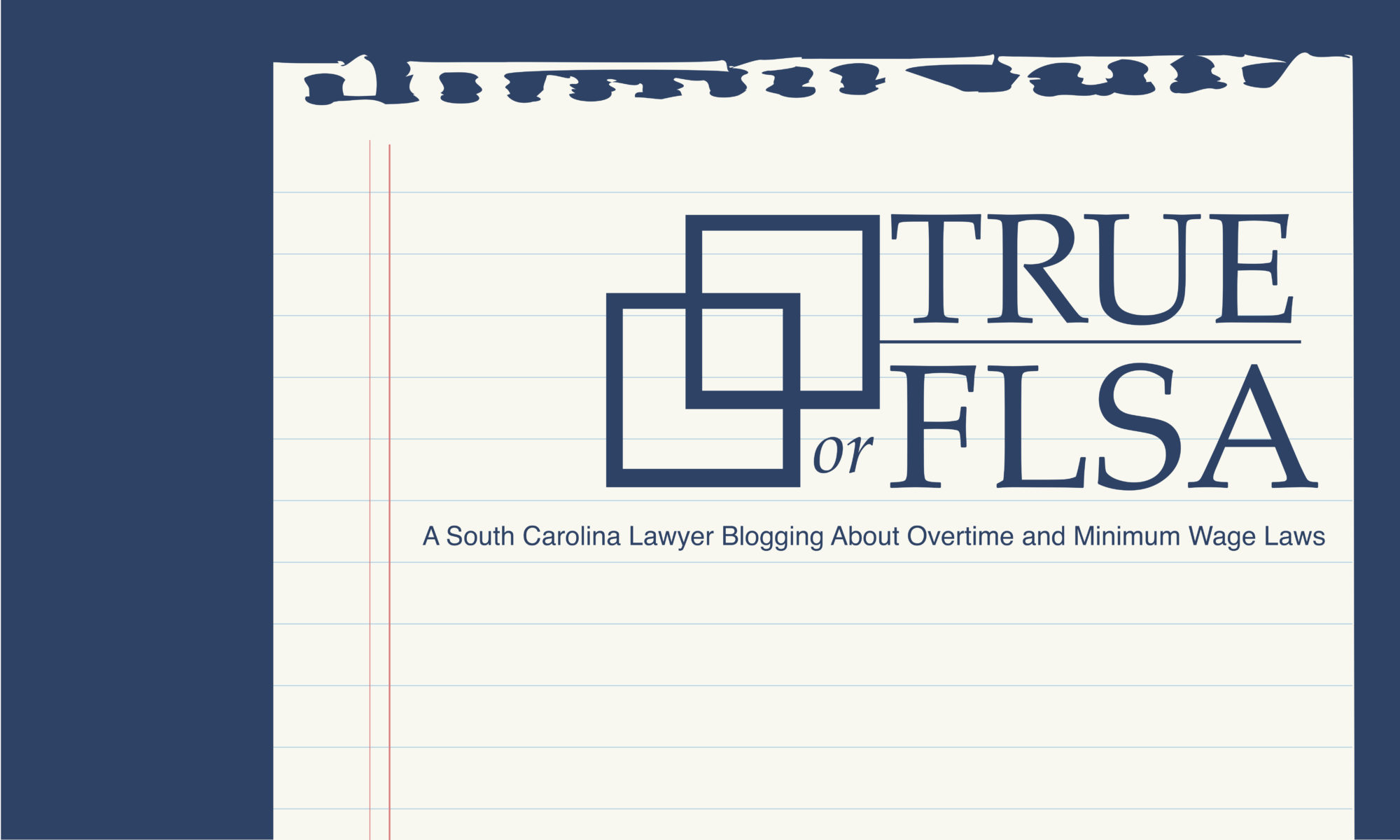As a general rule, before you sign any employment contract, I highly recommend that you have it reviewed by a particularly dashing employment lawyer near you. Or, at the very least, READ THE ENTIRE EMPLOYMENT CONTRACT YOURSELF BEFORE YOU SIGN. “Why?” you ask, still so innocent, so young.
Because, my friend, otherwise all your dreams will be utterly destroyed and your future career options will be tragically limited to panhandling for change on the I-85 / White Horse Road exit corner.
Well, not quite. But still: read the contract before you sign it. It’s just good manners, like removing your shoes, socks, and toe lint before entering someone else’s house (or so I’m told; I don’t hold with such social niceties, which is why I’m no longer invited to anyone’s house).
Arbitration Provisions in an Employment Contract Are Enforceable
Why am I bringing this up, other than to provide the sweet, satisfying nectar of legal knowledge to my always-thirsty readers?
Well, because the U.S. Supreme court ruled recently in Epic Systems Corp. v. Lewis that employees can enter into employment contracts that sign away their rights to bring collective and class actions under the Fair Labor Standards Act (FLSA). These employment contracts will instead require employees to bring claims in individual arbitration proceedings instead of regular court.
Arbitration, in a nutshell, is a private lawsuit that does not take place in a courtroom with a jury and a judge. Instead, the parties select a neutral “arbitrator” to serve as the judge and jury. The arbitrator–typically a lawyer–presides over the arbitration and decides the case, including who wins and how much. The arbitration takes place in a conference room, not a courtroom. Also, the parties do not have a right to appeal the decision of the arbitrator except in a very small number of instances. It’s private, confidential, and at least in theory, a little bit faster than waiting for a jury trial.
Private Arbitration Costs Employees More than It Costs Employers
The employees in this case wanted to bring overtime violation claims as a collective or class action, but in their employment contract, the employees had agreed that any legal claims they had against their employer, including overtime claims under the FLSA, must be brought in individual (separate) private arbitration actions, not in state or federal court as a class action.
Employers have begun including these types of arbitration provisions in employment contracts more and more frequently. My theory is that it’s simply more expensive for employees to proceed in arbitration (where the often-unemployed employee has to pay at least half of the arbitration costs, which could be thousands of dollars) than in state or federal court (where the employee only has to pay a filing fee of a few hundred dollars). That gives a company with sufficient money an advantage, which is why companies want arbitration provisions in the contracts.
In this case, the employees alleged that the arbitration provisions weren’t enforceable because such provisions limited their ability to engage in “concerted activity” through a collective action. The “concerted activity” should be protected under another federal law, the National Labor Relations Act. The Court disagreed, and instead held that employees CAN waive their right to a collective or class action trial in employment contracts. However, the right to trial by combat will always remain inviolate.
Practically Speaking, Most South Carolina Employees Don’t Have Leverage to Truly Negotiate an Employment Contract
Generally speaking, I agree that employees should abide by the employment contracts that they sign, just like everyone else. My concern, however, is that employees are often presented with an employment contract on their first day of employment, along with a host of other documents. They are expected to sign everything placed in front of them, and if they don’t, they don’t get the job.
Not only do the contracts contain arbitration provisions, but they also may contain agreements by the employee to be sued in a different state, or the contracts might contain a non-compete or non-solicitation agreement, which may affect the employee’s ability to get a job later.
Most of the time, the employee doesn’t get a chance to have his/her own attorney review the agreement or to negotiate specific terms. The employee typically has no other option or power to do anything except the agreement or walk back into unemployment. The power dynamic is simply not equal.
Regardless, Make Sure You Read the Entire Employment Contract Before You Sign
The takeaway from this case for South Carolina employees is simply that you should read the entirety of any employment contract you’re asked to sign, and you should make sure you understand the implications of each provision. Ideally, you should ask for a few days to have your attorney review the employment contract with you, and, if you have any bargaining power, negotiate some of those terms so that they’re not so stacked against the employee.
If the contract simply isn’t fair, then you may have to consider looking for another job where the terms aren’t so onerous (hopefully one where where the arbitration itself doesn’t have to be conducted in Dwarvish).

